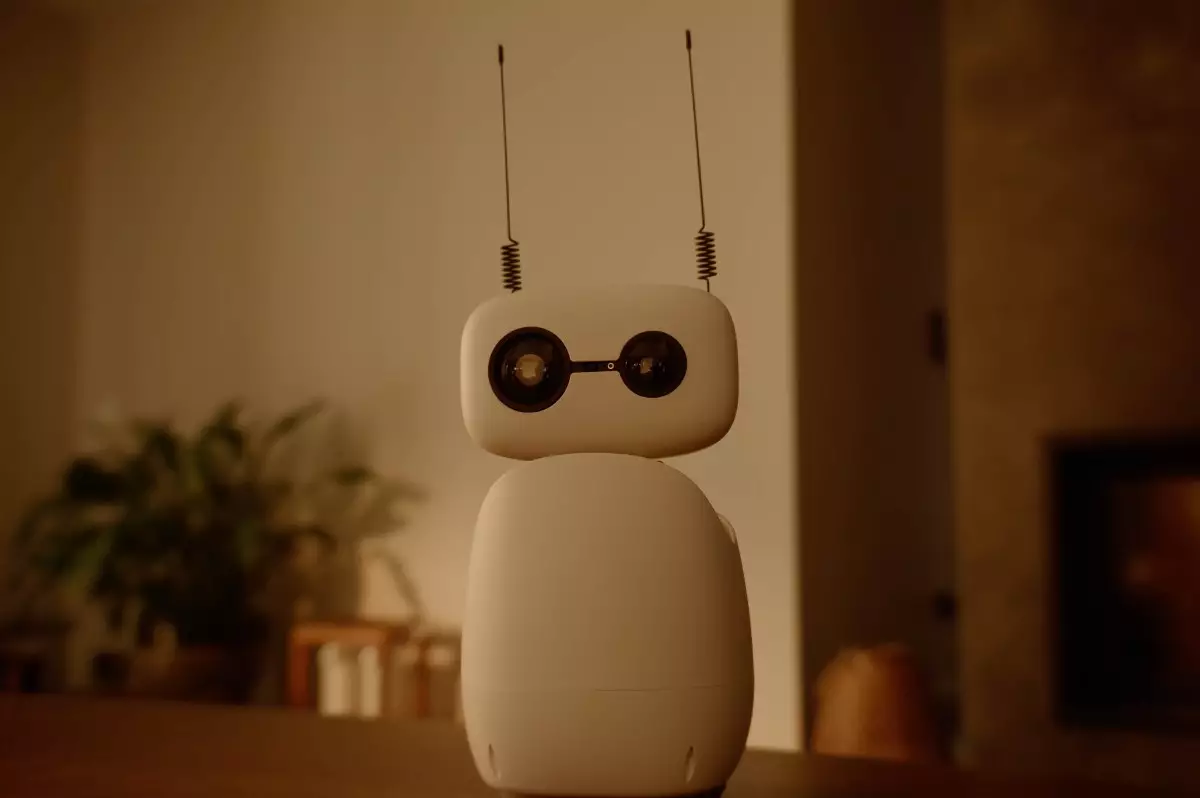Hugging Face’s latest offering signals a paradigm shift in the world of robotics, emphasizing democratization and user empowerment. The company’s introduction of the Reachy Mini series marks a bold step forward, providing affordable, open-source robotic kits tailored for developers and enthusiasts eager to innovate. Unlike traditional robotics, often confined within corporate labs or heavily proprietary structures, these devices prioritize community-driven growth and customization. By making robotics accessible at a consumer-friendly price point and supporting open source modification, Hugging Face positions itself as a catalyst for a more inclusive technological future.
This move resonates strongly with the broader open source movement—encouraging collaboration, transparency, and user control. The Reachy Mini’s design embodies this ethos, offering a compact, programmable robot that can be built, tweaked, and expanded upon by anyone with basic technical skills. The dual versions, wired and wireless, accommodate various use cases and budgets, illustrating a nuanced understanding of the diverse needs of developers and hobbyists alike. Pricing at $299 and $449 respectively, these kits are low enough to lower the barrier to entry, fostering innovation that previously might have been limited to well-funded organizations.
Hugging Face’s decision to launch these robots without prolonged pre-order delays demonstrates a strategic focus on rapid deployment. Fast shipping ensures users can begin experimenting immediately, an essential feature for fostering ongoing engagement and iterative development. The real power lies in the open source ecosystem that the Reachy Mini integrates with, particularly the Hugging Face Hub, which hosts a vast library of AI models and datasets. This connectivity enables developers to deploy advanced AI capabilities effortlessly, transforming simple robots into intelligent, adaptable systems capable of performing complex tasks.
Empowering Creativity Through Open Source Philosophy
At its core, Hugging Face’s approach embodies the belief that open source hardware and software can revolutionize the robotics landscape. CEO Clém Delangue emphasized that the future of robotics should not be controlled by a handful of corporations branding robots as “black boxes.” Instead, the goal should be transparency, participation, and community-driven evolution. By providing tools that are fully programmable with Python and customizable, Hugging Face invites a wide array of users—from students to seasoned developers—to engage deeply with robotics.
The anecdotal feedback from early users highlights an essential insight: robotics must be intuitive and approachable, even for children. The story of a five-year-old wanting to carry her robot around the house exemplifies the intuitive design and playful potential of Reachy Mini. Instead of high wall barriers to entry, the platform encourages creativity, personalization, and shared learning. This user-centric philosophy could challenge conventional robotics markets dominated by closed, proprietary solutions with limited scope for consumer modification.
Furthermore, the open source nature ensures that ideas and innovations are shared freely. Developers can create custom features, expand functionalities, or even reimagine the robot’s purpose altogether. This collaborative environment fosters a community where shared knowledge accelerates technological progress far beyond what isolated companies or closed systems could achieve alone.
Transforming the Future of Domestic Robotics
Hugging Face’s release signifies more than just an innovative product; it signals a reshaping of how we perceive and interact with robotics at home. By offering an affordable, customizable, and modifiable robot, the company aims to integrate AI and robotics into everyday life—not as mysterious or inaccessible tools, but as open platforms where users are creators rather than consumers.
There is an underlying optimism about the potential impact on educational systems, hobbyist communities, and emerging industries. Imagine classrooms where students learn robotics firsthand by building and programming their own devices, or families customizing interactive assistants tailored to their lifestyles. As these devices become widespread, the boundaries between consumer and creator blur, fostering a culture of innovation that depends on community collaboration.
However, this vision also challenges existing industry norms. Large corporations currently dominate robotics by locking users into closed systems that prioritize profit over transparency. Hugging Face’s strategy pushes back against this trend, advocating for a future where control is decentralized and knowledge is shared freely. This shift could serve as a blueprint for future open source initiatives, ultimately leading to more ethical, adaptable, and resilient robotic systems that serve the people rather than corporate interests.
The Reachy Mini initiative amplifies this movement, signaling that robotics should not remain confined behind tall fences of proprietary technology. Instead, it should be a collective endeavor—accessible, modifiable, and driven by the creative energy of its users. Whether it’s enabling children to learn, developers to experiment, or communities to innovate, Hugging Face’s commitment to open source robotics could very well redefine the landscape, making robots a truly participatory and integral part of everyday life.

